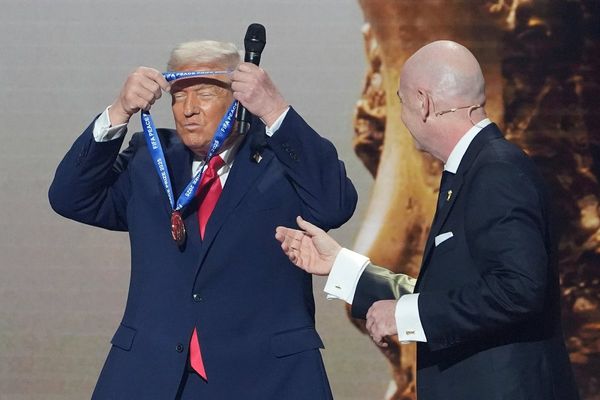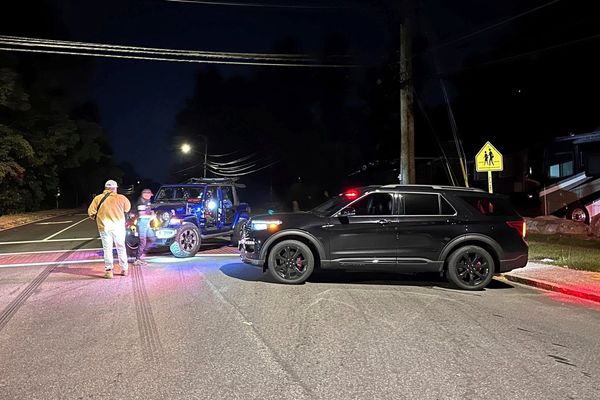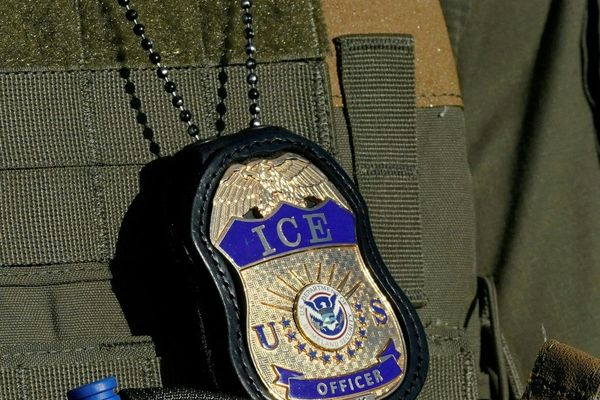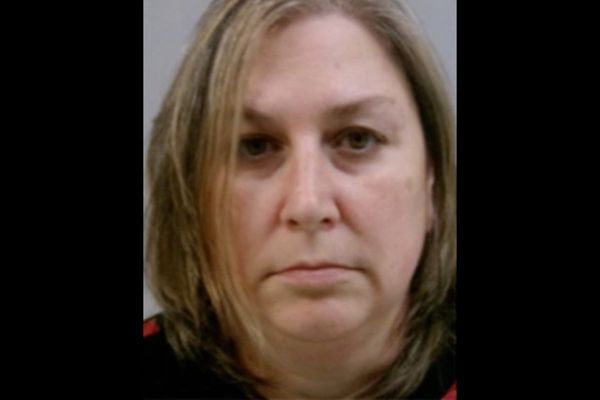Like many in his community, Douglas Graham wants to see the town of Woorabinda — and the lives of the people in it — improve, but he is unsure if or how the Indigenous Voice to Parliament would help.
Mr Graham, the librarian at Woorabinda's Indigenous Knowledge Centre in central Queensland, has been following the public debate on the proposed Voice to Parliament.
But the Gooreng Gooreng/Lamalama man says what it will mean for his people on the ground is still unclear.
"We've had a voice … and they still haven't listened to us [since colonisation]," he said.
In its recent 2023 socio-economic report, the Australian Bureau of Statistics ranked his community as the "most disadvantaged local government area" in the country.
About 1,000 people live in the town, and while there are community-led programs in place to drive solutions, there are mixed views on whether or not the Voice to Parliament will also improve things, such as health outcomes and job creation.
Solutions within local government
Woorabinda Mayor Joshua Weazel supports the concept but is undecided on how he'll vote, as he does not believe it will deliver tangible improvements for his community.
"I support the concept of constitutional recognition, but if you really want to make change, and close this gap … the Commonwealth government needs to have the relationship directly with our communities," Cr Weazel said.
The Wakka Wakka/Pitta Pitta man said the government needed a more individualised approach when working with Indigenous communities and local government because while they all faced similar issues, they were distinctly different.
"I think it [the voice] still fulfils the notion that … decisions are being made for us, rather than us influencing what that looks like."
'Whose voice will it really be?'
Alwyn Doolan, a Wakka Wakka/Gooreng Gooreng man from Woorabinda, intends to vote no because of a lack of "reasonable consultation".
"We have over 300 different nations here on this continent of Australia … that consultation appropriately has to happen with each and every one of them," Mr Doolan said.
He said it was not a "ridiculous" ask.
"That's a custom to Aboriginal people and we have that custom practice, within our everyday lives.
"Have this referendum the right way or no way."
Mr Doolan also said it was wrong that non-Indigenous people were being asked to vote on something that "did not affect them."
"I think that all in all, we ask ourselves, 'Whose voice will it really be?'"
Opportunity to walk together
For Gunggarri/Manbarra man Wallabi Kuudabah, an Indigenous Voice to Parliament will "open doors".
"[So we can] have a better relationship with our non-Aboriginal brothers and sisters … when you open doors, you open an opportunity for us to walk together," Mr Kuudabah said.
"Today and from the beginning of colonisation, we've been restricted from practising, speaking and participating in our own society."
Mr Kuudabah plans to vote yes, but he believes there needs to be more awareness and education about the history of Australia so the general population makes a more informed vote.
"The voice … will bring an understanding that we are a very efficient race of people."
Born and bred in Woorabinda, Diane Hill has made her mind up too. She intends to vote yes.
"It's about time we were recognised as First Nations people. We were here, our ancestors were here before anyone decided to explore," she said.
Treaty first
For Douglas Graham, truth-telling and treaty should happen before any proposed Indigenous Voice to Parliament.
"People [have] got to understand their history, especially about the constitutional history and how our people fit in there or how they don't fit in there," Mr Graham said.
Every state and territory are at different points of the treaty process, with Victoria the first jurisdiction to arrive at formal state-based treaty negotiations, which are expected to start later this year.
Queensland passed a bill in early May to set up a treaty body and truth-telling inquiry.
In the Northern Territory, the government has also been moving towards a treaty and discussions are underway in Tasmania.
In New South Wales, Labor was elected with a mandate to carry out treaty consultations.
South Australia recently moved to set up a representative "Voice" body similar to that proposed in the federal referendum.
Western Australia has not been preparing for a blanket treaty covering the state but some experts say a deal struck with Noongar people in WA's south-west is Australia's first formal treaty.
"I believe there's a time that the whole country's got to come together," Mr Graham said.
"They're saying Voice to Parliament but treaty or truth telling — I think that has to come first."







